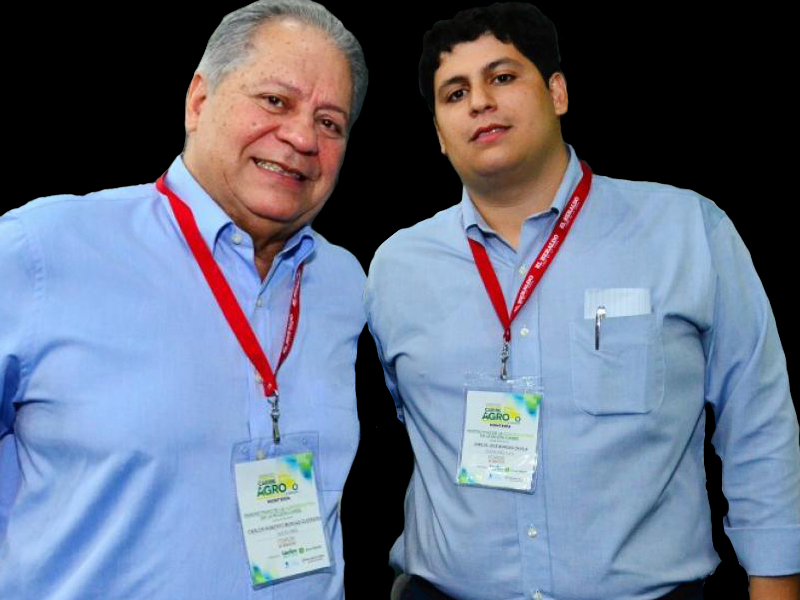Supply chain report investigates deforestation tied to palm growing in Colombia
by Yvette Sierra Praeli on 1 August 2023 | Translated by Hayley Smith
On April 19, the European Parliament approved a law aimed at curbing deforestation. This legislation bans imports of coffee, cocoa, beef, soybeans, palm oil (and a series of its derivatives), timber, rubber, charcoal and printed paper that can be linked to, or that have been obtained from, deforestation.
According to a European Parliament press release, in order to comply with the law, companies will be able to sell such products to the European Union only after issuing a declaration certifying that the goods do not come from deforested land, irreplaceable primary forests or from areas where forest degradation occurred after Dec. 31, 2020.
En la zona céntrica de Shushufindi existen centros de acopio de la fruta de la palma. Uno de los más grandes se llama Muva. Esta empresa lleva diariamente 60 toneladas de este producto hasta la extractora de Palmeras del Ecuador. Foto: Alexis Serrano Carmona.
Oil palm fruit. Image courtesy of Alexis Serrano Carmona.
Given these changes in international legislation and along with Colombia’s position as the fourth-largest palm oil producer in the world (after Indonesia, Malaysia and Thailand), the International Union for Conservation of Nature (IUCN) Netherlands and AidEnvironment conducted an investigation into Colombia’s palm oil supply chain. The investigation looked at six case studies of companies producing and marketing Colombian palm oil.
The study, “Uncovering the supply chain: palm oil from Colombia to the EU,” shows how this supply chain works, starting with cultivation sites in Colombian fields through to consumption in European countries. The research also warns of the risks and the direct and indirect threats of deforestation in areas where companies cultivating and processing palm oil are located. According to the research, 23,311 hectares (57,602 acres) were burned between 2021 and 2022 in areas near where the six companies operate, and deforestation in areas surrounding the companies’ facilities reached 3,807 ha (9,407 acres) between 2011 and 2022.
. . .
The study goes on to claim that there is a conflict of interest affecting the Oleoflores Group because the company is owned by Carlos Roberto Murgas Guerrero, former agriculture minister. Murgas Guerrero was “one of the investors in the political campaign for the presidency of Álvaro Uribe Vélez in 2002. The company was also part of generous government subsidy schemes and tax exemptions that have been linked with corruption associated with the payment of political favors to legal and illegal actors,” the report states. In addition, the company has an ongoing dispute with rural residents over land in the department of Bolívar.
More:
https://news.mongabay.com/2023/08/supply-chain-report-investigates-deforestation-tied-to-palm-growing-in-colombia/

Carlos Roberto Murgas Guerrero
